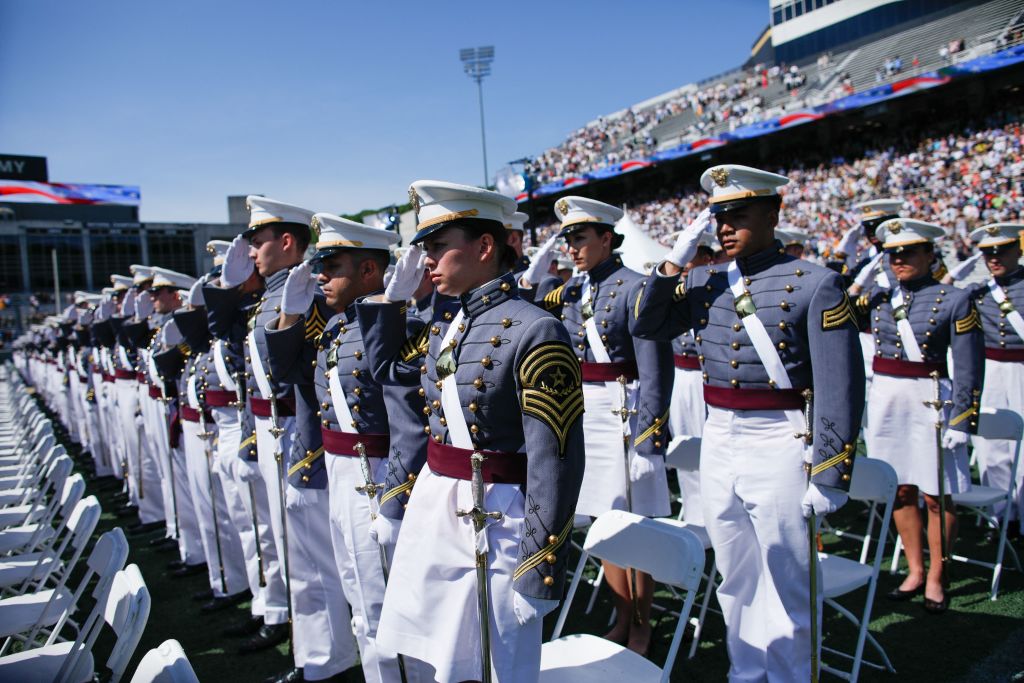Lawsuit Seeks to End Affirmative Action at Military Academies
 Credit: Image Credit: KENA BETANCUR / AFP / Getty Images
Credit: Image Credit: KENA BETANCUR / AFP / Getty Images- The Supreme Court overturned past decisions that allowed the use of race-conscious affirmative action in college admissions.
- The court did not, however, apply the ruling to military academies.
- The nonprofit responsible for the Supreme Court case now hopes to extend the decision to military academies.
The nonprofit organization responsible for ending race-conscious affirmative action at colleges and universities now aims to do the same at military academies.
Students for Fair Admissions (SFFA) filed a lawsuit last Tuesday challenging the use of race and ethnicity as admissions factors at the U.S. Military Academy, also known as West Point. The case comes after SFFA successfully brought a claim to the U.S. Supreme Court that saw the court overturn decades of precedent to rule that race-conscious college admissions are unconstitutional.
The court’s decision, however, applied only to traditional colleges and universities that receive federal funds.
The U.S. Supreme Court expressly noted in a footnote in court documents that military academies were excluded from the decision.
U.S. Solicitor General Elizabeth Prelogar, representing the U.S. government in the case, stressed during an October 2022 hearing that maintaining a diverse military serves an important purpose in the defense of the U.S. She emphasized that it is important to have officers of diverse races and ethnicities in leadership roles to oversee a similarly diverse military.
SFFA believes that the consideration of race in West Point admissions is a violation of the Fifth Amendment.
The nonprofit petitioned the U.S. District Court for the Southern District of New York to issue a preliminary and permanent injunction to forbid West Point from considering race in the admissions process. It also asked the court to issue a declaratory judgment that considering race in West Point admissions is unconstitutional.
“Over the years, courts have been mindful of the military’s unique role in our nation’s life and the distinctive considerations that come with it,” Edward Blum, president of SFFA, said in a statement. “However, no level of deference justifies these polarizing and disliked racial classifications and preferences in admissions to West Point or any of our service academies.”
It’s worth noting that the Supreme Court’s summer decision to overturn race-based affirmative action did not explicitly state that the consideration of race in military academy admissions is constitutional. The court’s decision instead noted that it was not ruling either way whether it’s lawful for military academies to consider race in admissions.